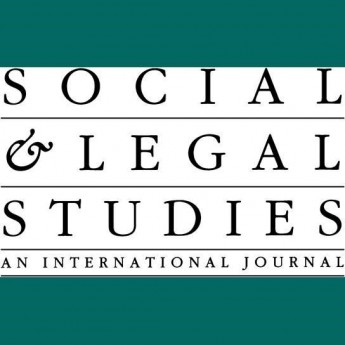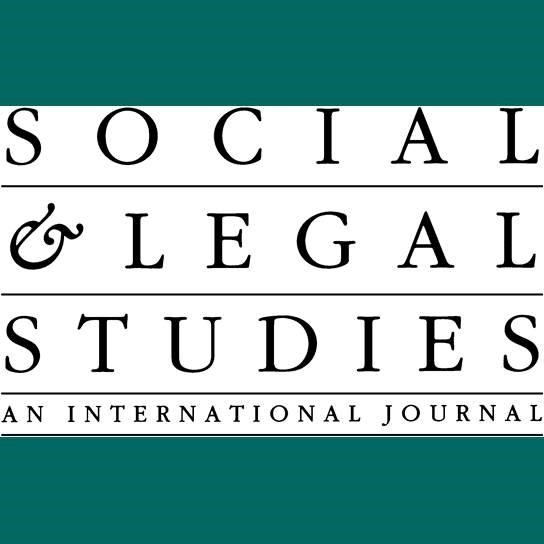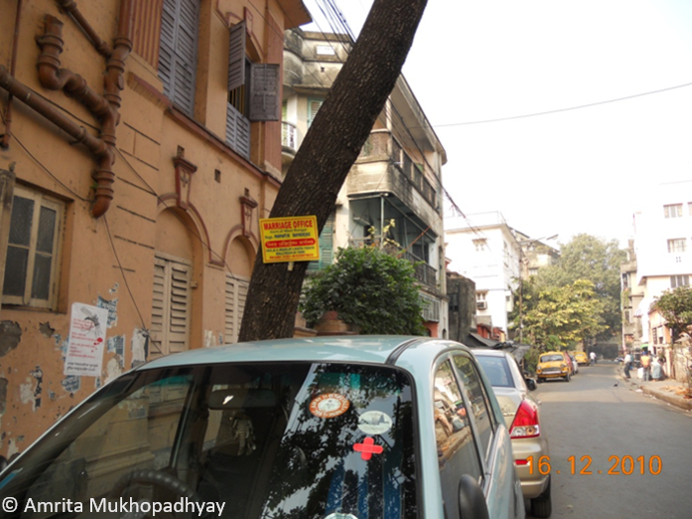Laura Lammasniemi
Associate Professor at Warwick School of Law
I have spent the past few years researching the history of sexual offences trials. I have read hundreds of court files in various archives and scrolled through countless newspaper reports. Amid all these files and microfilms, there is one charge that rarely features: rape. In this post, I want to explore why rape was so rarely prosecuted in the 19th and early 20th centuries.
In the 19th century, rape was a serious charge, for which the death penalty had only been abolished in 1841. Even though sexual offending was considered culturally and socially indefensible, rape was a severely under-charged offence. Earlier studies (Simpson, 1984; Clark, 1987) show that rape was rarely prosecuted in the preceding centuries too and that the conviction rates were very low. When compared to other violent crime, in the 19th century rape charges still constituted only a small fraction of cases in the criminal courts (Wiener, 2004). There are multiple reasons for this.
Continue reading



